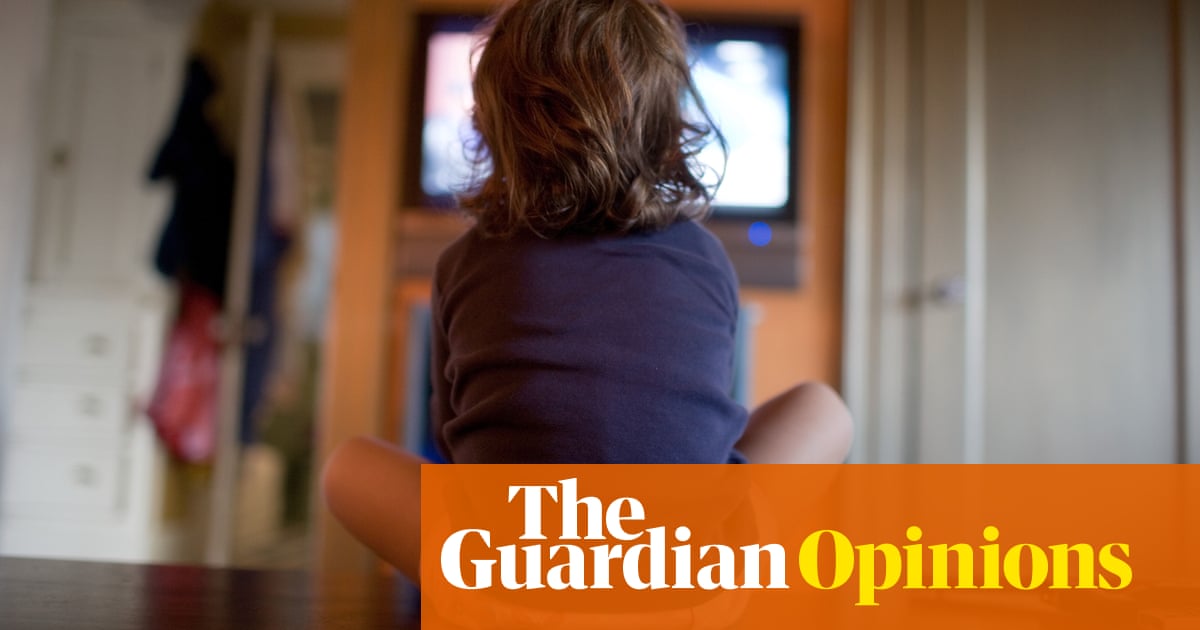A series of demographic forces reshaping Canada has left many adult Canadians “sandwiched” between unpaid caregiving responsibilities for the generations coming before and after them.
Marci Gray, a Brampton, Ont. resident, feels that particular sandwich through more layers than most.
The CEO and lead psychotherapist at Gray Matter Health has three growing children of her own, ages 13 to 19, with a typical blend of after-school extracurriculars and appointments to make.
Her parents and her in-laws are getting to a point where they need occasional help with shovelling show or mowing grass, the kinds of things that allow them to stay in their homes.
Gray says her grandmother Julia Jackson, who is turning 106 this year, now requires “round-the-clock care” from professionals and family to be by her side.
“We’ve got to always have someone around to look after her,” she says.
Marci Gray (left), CEO of Gray Matter Health, with her daughter and mother.
Provided
Gray says she’s lucky to have a big family, with sisters, aunts, uncles and cousins who are able to split the time needed to care for their grandmother. But while the busy mom and registered social worker has built up a network of support and coping mechanisms to ease the burdens of caregiving, she says it has been a difficult journey.
“I’ve already done the crash and burn in my own life. I’ve already done that where I hit the wall and couldn’t go further and couldn’t go on,” she says. “So I’ve learned from my own experience that that’s not a way to go, that you’ve really got to continue to look after yourself in order to thrive.”
Caregiving demand expected to rise
Millions of Canadians are unpaid caregivers in their own right for a loved one, whether it’s a parent, spouse, child or other family member with chronic care requirements, according to a Statistics Canada report in April.
The agency said 42 per cent of Canadians older than 15 provided unpaid care in 2022, whether that was for a child under 15 years old or for a youth or adult with a long-term condition or disability.
But of that group, 13 per cent – or roughly 1.8 million Canadians – are caring for multiple persons, most often a child and an older adult. StatCan said the care expectations put on these individuals make them a “sandwiched” generation.
The latest health and medical news
emailed to you every Sunday.
Arthur Sweetman, a professor of health and economics at McMaster University, tells Global News that the sandwiched phenomenon is a result of a few coinciding demographic forces.

Older Canadians are now living longer than before, he notes, just as the leading edge of the baby boomer generation is reaching an age where they start to deteriorate more physically and require more care.
This comes as many Canadians are having kids later in life, Sweetman adds. That’s leading to a fragile balance for Canadians in the prime years of their careers balancing the need to care for their kids at the same time they take on caregiving roles for their own parents.
That burden is also falling more on the unpaid side of the economy amid a shortage of personal service workers (PSWs) and nurses in Canada, Sweetman notes, a vulnerability exposed during the height of the COVID-19 pandemic that has seemingly intensified since.
With more baby boomers entering this precarious stage of life in the years ahead, Sweetman says the need for both paid and unpaid caregivers will only intensify.
“For the next six or seven years, the demands for home care are going to go up,” he says.
Unpaid care can feel like an “extra shift” at work, according to the findings of a May 1 report from the Azrieli Foundation, the Canadian Centre for Caregiving Excellence.
Caregivers provide an average of 5.1 hours of care a day, nearing the demands of another full-time job, according to the study based on Leger and online polling conducted in the summer of 2023.

Both the StatCan and Azrieli reports pointed to the stresses – physical, mental and financial – borne by caregivers.
Half of caregivers in the Azrieli survey reported experiencing some kind of financial distress related to the role, while 22 per cent said they’ve faced more than $1,000 in out-of-pocket expenses on a monthly basis.
StatCan reported that in 2022, 86 per cent of sandwich caregivers reported at least one negative impact on their physical health, a higher proportion than those caring for just one individual.
Some 69 per cent of these sandwiched individuals reported feeling tired, while 65 per cent said they were anxious and half self-identified they were “overwhelmed” because of their caregiving responsibilities, StatCan said.
Women hit harder in sandwich caregiving
Women (seven per cent) were slightly more likely to be sandwich caregivers than men (five per cent), according to the StatCan data.
Digging deeper, StatCan shows a larger divide between the amount and types of care women tend to provide compared to men.
Women were more likely to take on direct care and scheduling appointments for their charges, while men were more likely to perform indirect labour like maintenance on a home.
Women also worked an average of eight hours more per week in care for children and four hours more weekly when it came to care-dependent adults, according to the report.
Ultimately, StatCan says that women who are sandwich caregivers report worse outcomes in their own well-being, finances, relationship and career compared to men in their situation or those caring solely for an adult or a child.
Gray says she sees the weight of this unequal burden in her clients, and in herself.
“Disproportionately, women tend to feel like they’re responsible for the caregiving,” she says. “They feel like they’ve got to take it all and take it all on.”

This is a behaviour that she had to unlearn in order to endure her own caregiving responsibilities, she says.
Delegation – and in some cases, negotiation – with others in the life of the care recipient is a critical skill to learn for many caregivers, Gray says, particularly women. Between herself, her sisters, her partner and other members of the family, she has been able to find a balance that means she isn’t constantly sacrificing her own care for the wellness of others.
“I think for survival for women, they’ve got to actually learn not to take things on, on their own and to be able to share the responsibility, if possible,” she says.
Gray acknowledges that ending a cycle like this is not easy, particularly for those who don’t have a wide network of family or professional support to lean back on.
The hard first step can be booking a vacation for yourself, she offers, which forces a caregiver to find alternative arrangements or make those negotiations while the individual recuperates.
Without a vacation from work – paid or unpaid – caregiving can feel like an unmanageable task that puts an unfair onus on an individual, Gray says.
“Unpaid work does not end. You don’t get that salary at the end of the day or the end of the two weeks for it. … so you’ve got to build in your own breaks,” she says.
“You’ve got to build that into your life in order to do well and continue to thrive and survive.”










